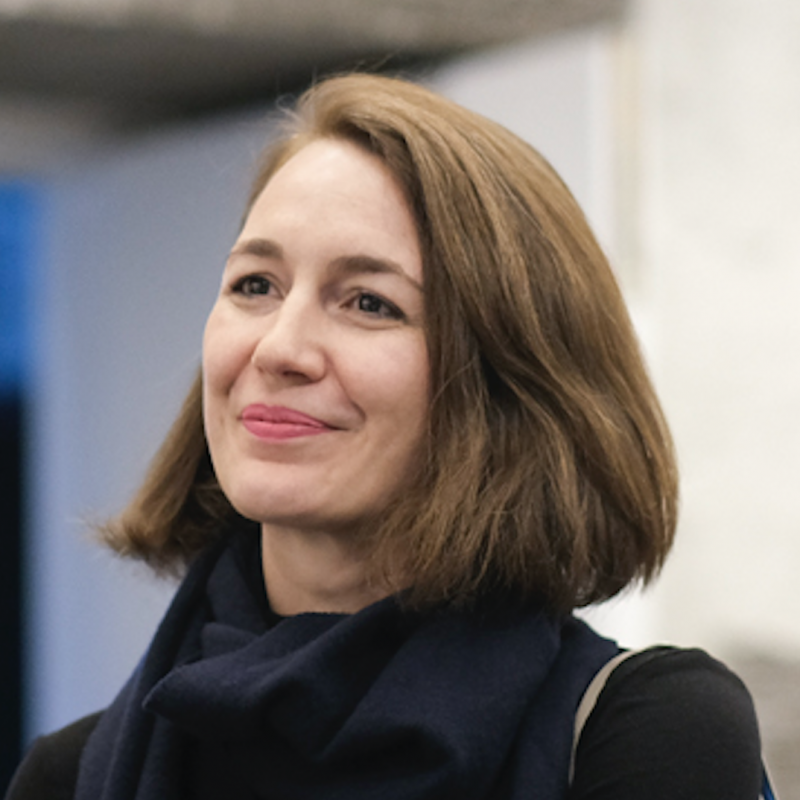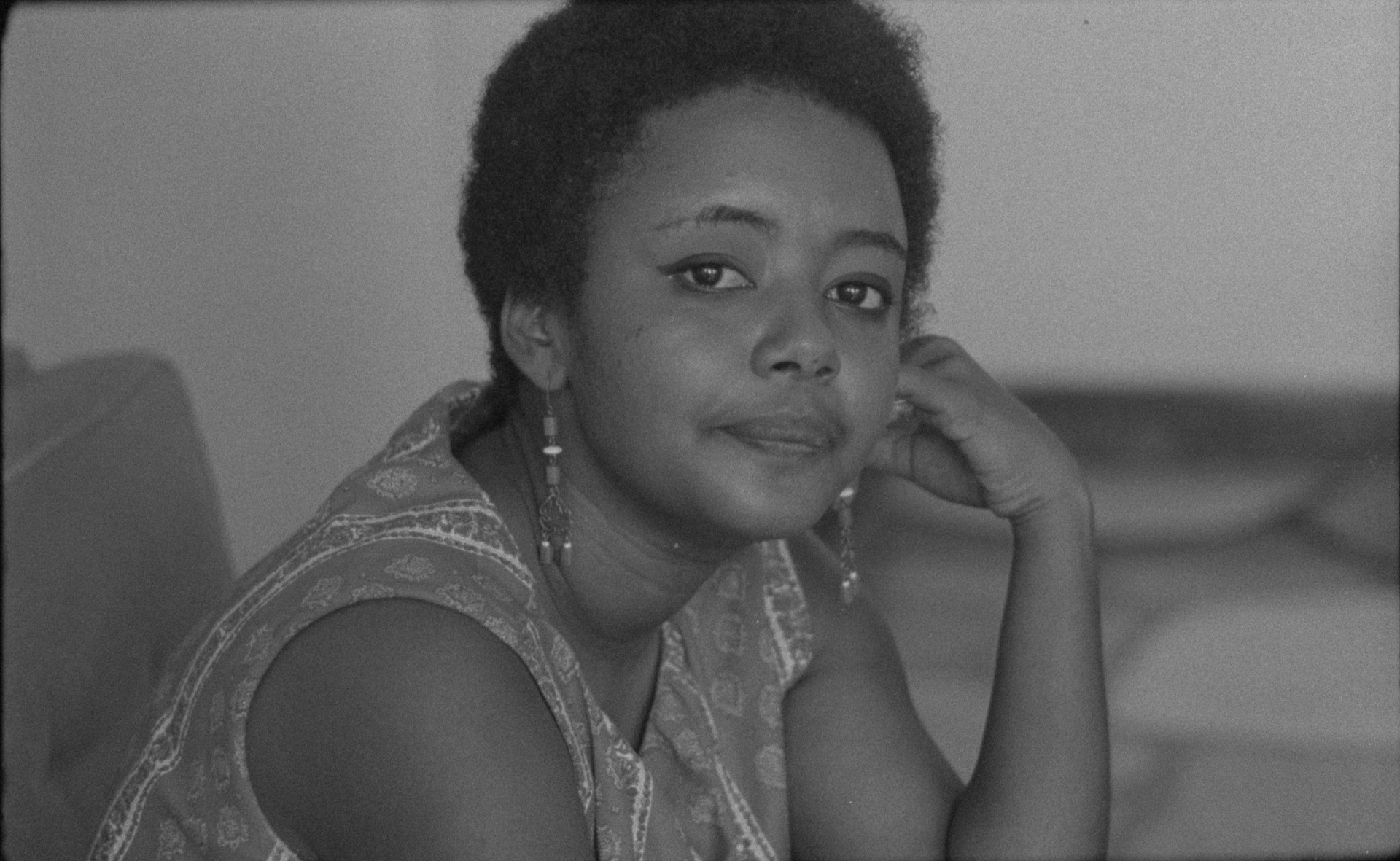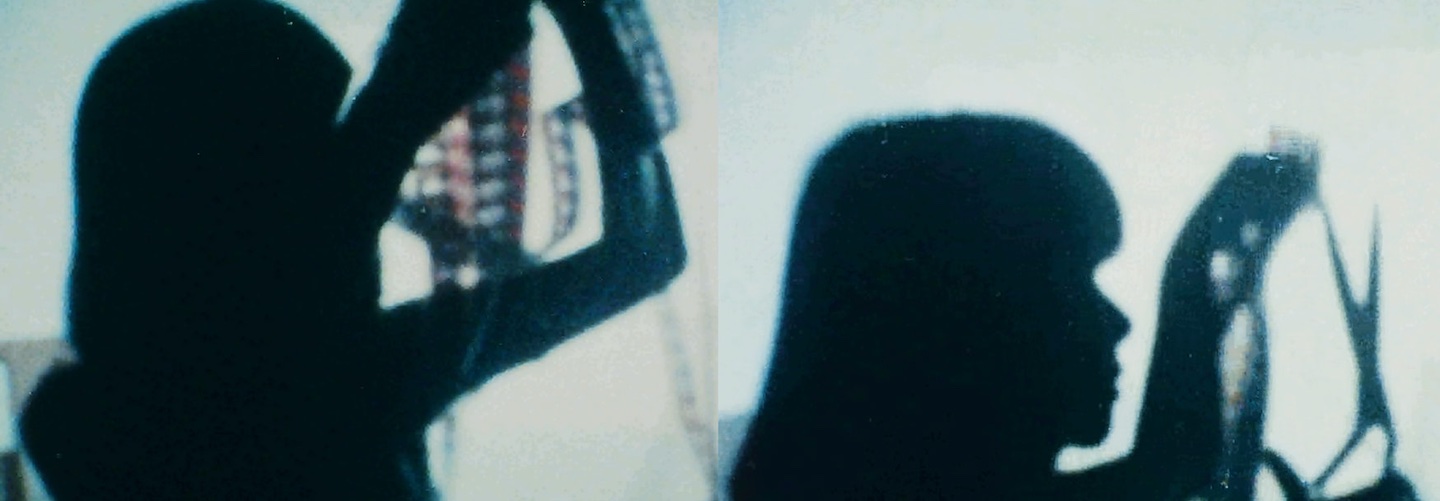Event Details
Date & Time:
Wed October 30, 2024
7 PM
Location:
The Block Museum of Art
40 Arts Circle Drive
Evanston, IL 60208
Audience:
Open to the public
Details:
No Master Territories: Feminist Short Films with Curator Erika Balsom
(Multiple Artists, 1965-1982, multiple formats, approx. 77 min)
The wave of feminist film festivals that swept New York, Paris, Toronto, and Chicago in the 1970s represented the first essential step in charting the vast history of filmmaking by women. But the work of rediscovering, recirculating, and recontextualizing women’s cinema is never done. Perhaps no recent undertaking has proved this point so dramatically as No Master Territories: Feminist Worldmaking and the Moving Image, an expansive exhibition and screening series organized by Erika Balsom and Hila Peleg and exhibited at Berlin’s Haus der Kulturen der Welt in the summer of 2022.
No Master Territories uses an intersectional, inclusive lens to survey dozens of short and feature films—in Balsom and Peleg’s words, “moving image works by and about women, made in defiance of commercial norms, that seek to invent new languages for the representation of gendered experience.” This program brings together three exemplary works that collectively attest to the diversity and depth of the exhibition as a whole. The screening will be introduced by Balsom, who will also appear after the screening for discussion.
Program includes:
SCHMEERGUNTZ (Gunvor Nelson & Dorothy Wiley, 1965, 15 min, USA, 16mm)
In a dynamic, poppy montage, flashes of dirty diapers, pregnant bellies, used tampons, and vomit puncture the glossy perfection of television and magazine images. A screening of the film at a meeting of the New York Radical Women in August 1968 sparked the idea to protest the Miss America pageant the following month.
MI APORTE (Sara Gomez, 1972, 33 min, Cuba, Digital)
Sara Gómez began working at the Instituto Cubano del Arte e Industria Cinematográficos (ICAIC) in 1961, two years after its founding, and went on to direct 20 films there before her death in 1974 at age 31. Begun in 1969, My Contribution was commissioned by the Federación de Mujeres Cubanas, the organization responsible for advancing the rights of women after the revolution, yet was censored upon completion. With keen attention to the experiences of Afro-Cuban women, Gómez throws into relief the tension between the promises of the Cuban Revolution and the reality of women’s lives.
MISS UNIVERSE IN PERU (Grupo Chaski, 1982, 45 min, Peru, Digital)
The backbone of Miss Universe in Peru is found in a juxtaposition of two events that took place simultaneously in Lima in July 1982: the Miss Universe beauty pageant and the sixth national congress of the Confederación Campesina del Perú, an agricultural labour association. With an eye for irony, Grupo Chaski ― a collective of Peruvian filmmakers ― conducts interviews and refilms television broadcasts to craft a pointed indictment of how gender intersects with race, class, and ongoing forms of coloniality.
Individual film descriptions courtesy of Erika Balsom and Hila Peleg. 16mm print of SCHMEERGUNTZ courtesy of Canyon Cinema.
Presented with support from the Buffett Institute for Global Affairs and the Screen Cultures program at Northwestern University.
About the speaker:
 Erika Balsom is a Reader in Film Studies at King’s College London, focusing on the histories, aesthetics, and politics of nonfiction cinemas.
Erika Balsom is a Reader in Film Studies at King’s College London, focusing on the histories, aesthetics, and politics of nonfiction cinemas.
She has published extensively on the intersections of art and the moving image, often focusing on questions of technological change and/or examining the relationship between artistic practices and their institutional contexts.
She is the author of TEN SKIES (2021), An Oceanic Feeling: Cinema and the Sea (2018), After Uniqueness: A History of Film and Video in Circulation (2017), and Exhibiting Cinema in Contemporary Art (2013). She is the co-editor of Feminist Worldmaking and the Moving Image (2022), Peggy Ahwesh: Vision Machines (2021), Artists’ Moving Image in Britain Since 1989 (2019), and Documentary Across Disciplines (2016).
In 2018, she was the recipient of a Philip Leverhulme Prize and the Kovacs Essay Award from the Society for Cinema and Media Studies. In addition to her scholarly work, she is active as a film critic and curator.
In 2022-23, together with Hila Peleg, Erika curated the exhibition "No Master Territories: Feminist Worldmaking and the Moving Image" (Haus der Kulturen der Welt, Berlin, and Museum of Modern Art, Warsaw), focusing on nonfiction filmmaking by women in a global context from the 1970s to the 1990s.
 Sara Gomez, MI APORTE, film still
Sara Gomez, MI APORTE, film still
About FILMS BY WOMEN/CHICAGO '74:
In September 1974, at the height of the feminist movement, the Film Center hosted Films By Women/Chicago ’74, a series of screenings, workshops, and discussions, drawing 10,000 patrons to over 70 short and feature films by women filmmakers. Organized by an all-woman collective with support from the Chicago Tribune, the festival offered a global survey of cinema from across its 60-year history. From mainstream Hollywood to activist documentary, arthouse to animation, it was the most diverse and expansive American survey of women’s cinema to date. It was also a watershed moment in Chicago cinema culture: according to committee member B. Ruby Rich, “women, for years after, would come up to me in the street to credit [us]—for jumpstarting their careers, ending their marriages, shaping their friendship.”
This fall, the Gene Siskel Film Center and Northwestern University’s Block Cinema will celebrate the fifty-year anniversary of Films by Women/Chicago ’74. Screening series at both venues. will revisit some of the festival’s most original and daring films and filmmakers, while reflecting on the event’s enduring legacies.

Series:
Contact The Block Museum of Art for more information: (847) 491-4000 or email us at block-museum@northwestern.edu
